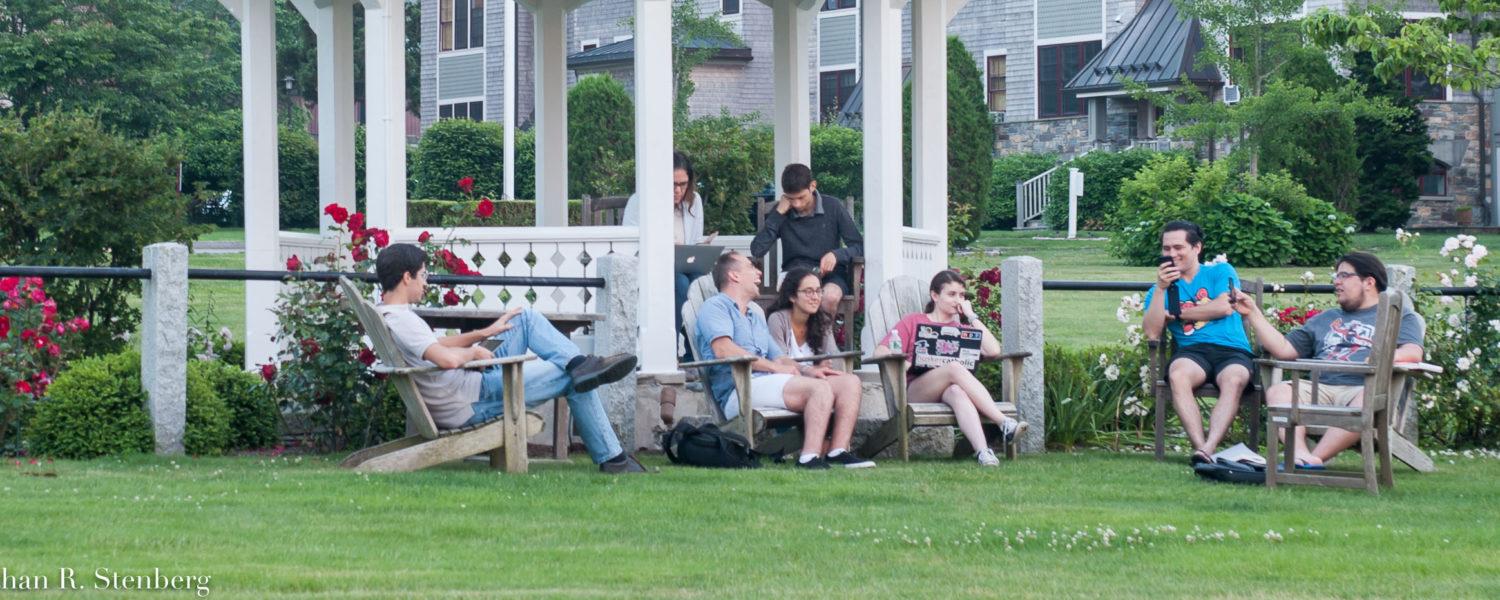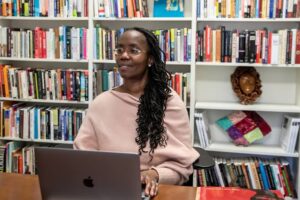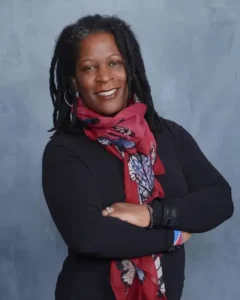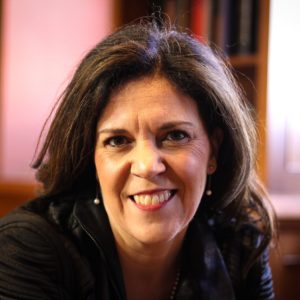
Classical Education and African-American History: A Path to Freedom and Unity
- This event has passed.

Event Overview
What does a classical education offer to African-Americans today? How do the writings of Black intellectuals like Frederick Douglas, Martin Luther King, Anna Julia Cooper and Toni Morrison contribute to the question at the center of a classical education—what does it mean to live a good human life? How can classical educators lament America’s painful past of slavery without sowing bitterness or scorn? What does the Christian faith contribute to a classical education for African-Americans?
In their recent book, The Black Intellectual Tradition: Reading Freedom in Classical Literature, two African-American scholars, Dr. Anika Prather of the Johns Hopkins Institute for Education Policy and Dr. Angel Adams Parham of the University of Virginia, show how a classical education need not be exclusionary or elitist. On the contrary, they explain why, as parents, Christians, and scholars, they found classical education to be the best way to educate their own children. In a book that is historical, philosophical, and practical, Dr. Prather and Dr. Parham Adams share curricular resources and moral frameworks for any educator or parent who wants to bring the rich legacy of a classical education to students whose experiences are often presumed not to be included in the classical tradition.
In this conversation with Scala’s Executive Director Margarita Mooney Clayton, Dr. Prather and Dr. Adams Parham will share their personal stories, scholarly insights, and resources—all of which bring hope to a nation looking increasingly to classical education for unity based on love of the truth. Dr. Mooney Clayton will also share her own educational philosophy and teaching resources, including how she uses her ethnographic work about Haitian immigrants as well Albert Raboteau’s historical work about African-American religion to examine suffering, resilience and forgiveness.


